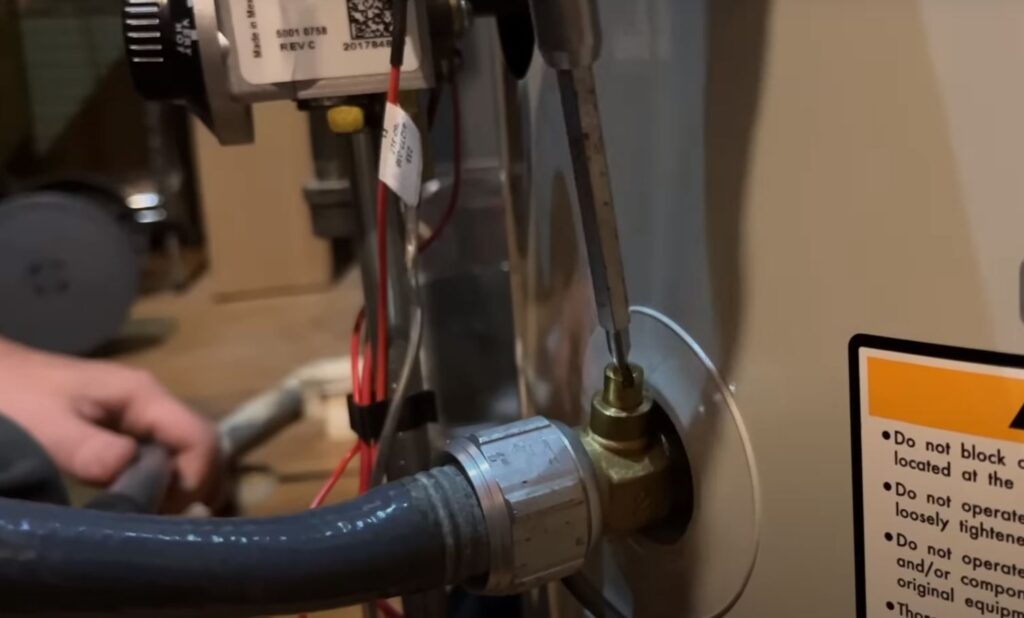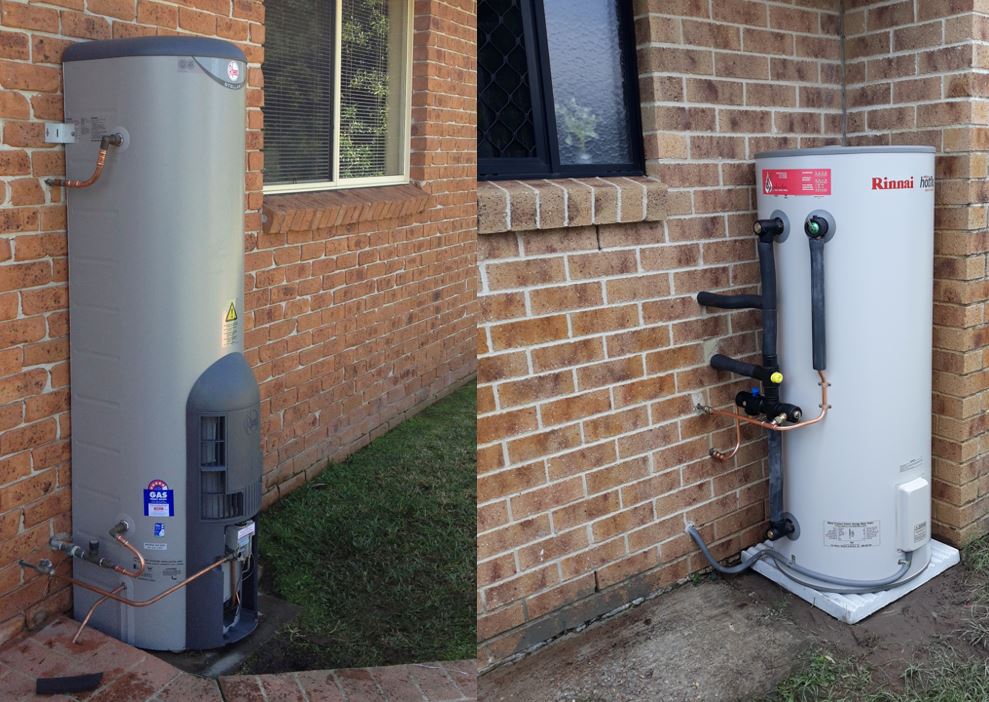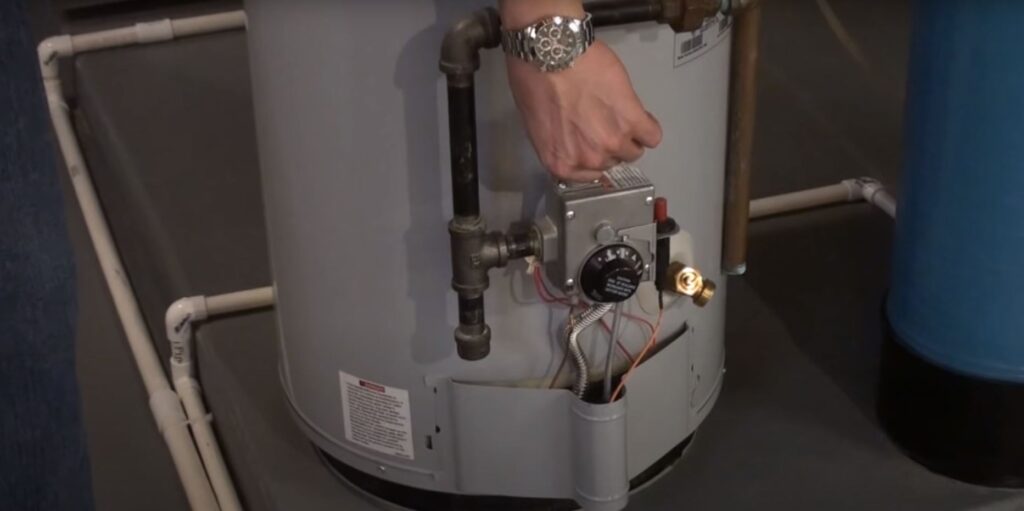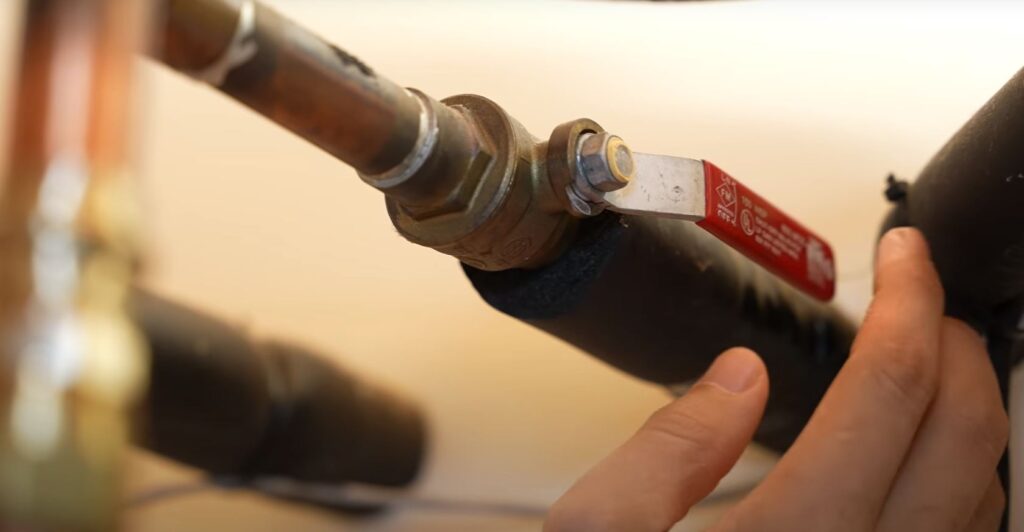Noisy Water Heater Tanks: Unravelling the Mystery
Sediment Build-Up at the Tank’s Base
One of the most common culprits behind a noisy water heater tank is the accumulation of sediment at its base. Over time, minerals like calcium and lime present in Melbourne’s water supply can settle at the bottom of the tank. When the heater is turned on, these sediments get heated up, leading to the popping, cracking, or rumbling noises homeowners often complain about. The only solution? Regular flushing of your water heater tank to clear out the sediments.
Heating Element Issues
In electric water heaters, the heating elements can sometimes become covered with sediment. As a result, the element can overheat, trying to reach the correct temperature. This overheating causes a distinct hissing or sizzling noise. To rectify this issue, the sediment needs to be removed, or in severe cases, the element might need replacing.
Expanding and Contracting
Metal expands when it’s heated and contracts when cooled. As the water heats inside the tank, the metal sides can expand and cause creaking noises. Although this is a normal process, if the sounds are excessive, it might be worth getting an expert, like those at Hot Water Repairs Melbourne, to check the system for any irregularities.
Water Hammer
Ever heard a loud thud coming from your plumbing? That’s likely a water hammer. It occurs when the flow of moving water is suddenly stopped by a closing valve. The momentum of the water causes a pressure surge, creating that loud noise. This can be potentially harmful to your plumbing and should be addressed promptly.
Loose Pipes or Fittings
Any loose pipes or fittings connected to your water heater tank can cause vibrations when water flows through them. Over time, these vibrations can intensify, leading to those noisy rattles. Regular inspections can help identify and fix any loose components, ensuring a quieter and more efficient water heating system.
Excessive Pressure
A high water pressure can also be a noise-causing offender. If the pressure inside your tank is too high, it can lead to loud noises, not to mention, it’s a significant safety concern. Water heaters are equipped with a temperature and pressure relief valve. If this valve malfunctions or if the water pressure from your main supply is set too high, it can result in not just noise but also potential tank damage.
Health and Safety Implications
A noisy water heater isn’t just an auditory annoyance; it can also indicate potential safety issues. For instance, excessive pressure, if not addressed, can lead to the tank bursting. Moreover, accumulated sediment can cause the lower part of the tank to corrode, risking leaks or a complete tank failure. For these reasons, it’s crucial to not dismiss any strange sounds from your water heater.
The Science Behind the Sounds
Water heaters are a mix of physics and engineering marvel. The principles of thermodynamics play a crucial role here. As water is heated, it expands, creating pressure inside a closed tank. This, combined with the natural presence of minerals in the water, and the metal’s inherent property to expand upon heating, explains most of the sounds you hear.
Engage the Experts
If you’re experiencing any of these noise issues, or if your water heater is simply acting up, it’s wise to consult professionals. The team at Hot Water Repairs Melbourne not only brings years of expertise but also understands the unique challenges presented by Melbourne’s climate and water supply.
Summary Table:
| Issue | Possible Cause | Solution | Risk If Unattended |
| Popping/Rumbling | Sediment build-up | Tank flushing | Corrosion, inefficiency |
| Hissing | Covered heating element | Remove sediment or replace element | Overheating |
| Creaking | Metal expansion | Normal, but check for irregularities | None |
| Loud thud | Water hammer | Install water hammer arrestor | Pipe damage |
| Rattles | Loose pipes/fittings | Tighten connections | Pipe damage |
| High pressure | Malfunctioning valve or high main supply pressure | Replace valve or adjust pressure | Tank damage |
By understanding the intricacies and potential hazards of a noisy water heater, homeowners can take proactive steps to ensure the longevity and efficiency of their systems, while also ensuring safety and peace of mind.
Understanding Noisy Water Heater Tanks: Frequently Asked Questions
Why is my water heater making popping noises? Sediment build-up at the bottom of the tank often causes this. As the heater warms the water, these sediments also get heated, leading to the popping sounds.
What causes a hissing sound in electric water heaters? This can be due to the heating elements getting covered in sediment. The element overheats when trying to maintain the set temperature, causing a hissing noise.
Is it normal for the water heater to make creaking sounds? Yes, it’s normal. The metal tank expands when the water inside gets heated, causing a creaking noise. However, if the sounds are too loud or persistent, it’s good to consult a professional.
What is a water hammer and why is it concerning? A water hammer is a loud thud heard when the flow of moving water is suddenly stopped by a closing valve. This creates a pressure surge that can potentially damage your plumbing.
Can loose fittings cause my water heater to be noisy? Yes, any loose pipes or fittings can cause vibrations leading to noise when water flows through them.
How does excessive pressure inside the tank affect the noise levels? High pressure can lead to loud and alarming noises. If unaddressed, this can also cause damage to the tank.
Are there health and safety risks associated with a noisy water heater? Indeed. Noises can indicate issues like excessive pressure or sediment build-up, both of which can lead to tank damage, leaks, or even a tank burst.
How often should I get my water heater inspected for potential noise-causing issues? It’s advisable to have your water heater inspected annually by professionals to ensure its efficient and safe operation.
Does the water quality in Melbourne affect the noise levels of water heaters? Yes, Melbourne’s water supply contains minerals like calcium and lime that can accumulate as sediments in the tank, leading to noise issues.
Who should I contact if I suspect my water heater has a problem? For residents in Melbourne, contacting a professional hot water system repair service like Hot Water Repairs Melbourne is recommended. They offer expertise specific to the region’s challenges.




